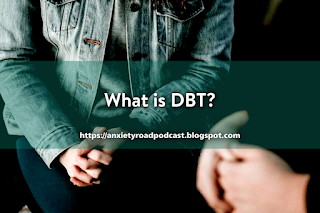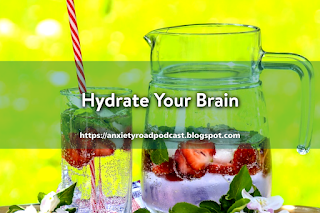I'm having some technical difficulties and having trouble getting a full episode out. So I just thought I'd do this little quick episode.
This is just a quick informational post on traveling with your medications. There is some concern that allegedly there are some agents that are confiscating medication.Below is the link to the official TSA.gov webpage where they publicly states that you are allowed to bring your pill medication on board either in your carry-on or luggage.
There is the text of that statement and the reality of having an agent or two publicly try to take or embarrass you from your medications.
You will have to make some hard judgements on what to do to maintain your safety.
If you need support contact the National Suicide Prevention Lifeline at 1-800-273-8255, the Trevor Project at 1-866-488-7386 or text “START” to 741-741.
Resources Mentioned:
Official TSA.gov webpage on traveling with your medications.
Official TSA YouTube channel. This link is to a video on traveling with a disability, medications and options for processing.
Disclaimer:
Links to other sites are provided for information purposes only and do not constitute endorsements.
Always seek the advice of a qualified health provider with questions you may have regarding a medical or mental health disorder.
This blog and podcast is intended for informational and educational purposes only. Nothing in this program is intended to be a substitute for professional psychological, psychiatric or medical advice, diagnosis, or treatment.













